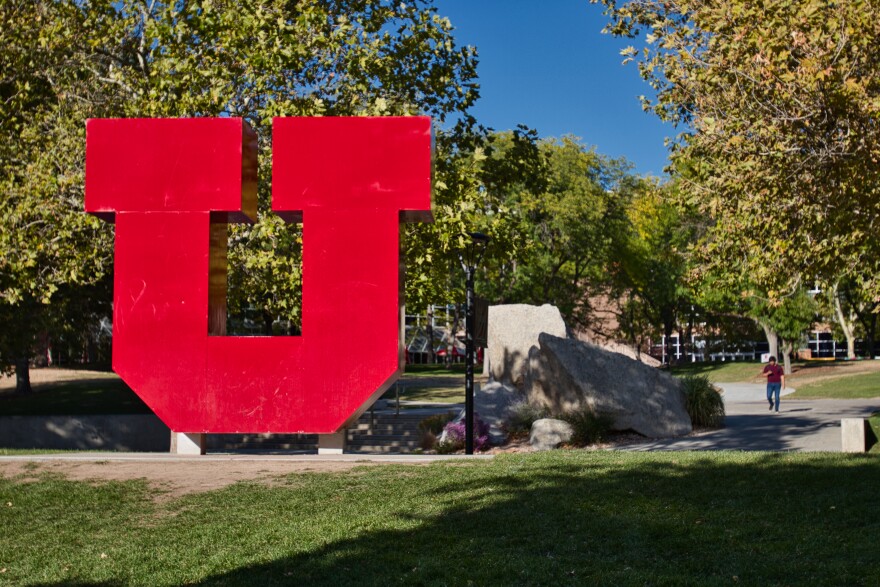A recent audit from the Utah Office of the State Auditor has once again found issues with how the state’s public colleges and universities implement and assess fees for students.
The report follows a 2020 audit examining mandatory fees at two universities — the University of Utah and Utah State University — and a 2011 inquiry of the University of Utah’s fees, both of which found charges lacked transparency and accountability.
The most recent audit looked at fees related to specific programs and courses across Utah’s eight public colleges, which are charged in addition to tuition and general fees that all students pay. Auditors examined 15 fees at each school, which were chosen at random across various programs and designed to provide a representative sampling.
It found the charges were often not tracked properly, generated excess revenue and did not provide proportional benefits to students.
State Auditor John Dougall said his main concern was the “lack of discipline” school officials showed in failing to regularly assess the costs they passed on to students. He said that could stem from the relative lack of attention given to fees versus tuition costs.
“To a certain extent, it's been easier to raise fees because people don't pay as much attention to that,” Dougall said. “If you're a student, you don't really know what it is, oftentimes, until you're going to pay your bill. And in some cases, you're surprised to see the amount of fees that add up on that bill because you didn't know it in advance.”
Tuition at Utah colleges is among the lowest in the country. Still, the overall cost is often cited as one of the primary barriers students face, as well as one of the top reasons they drop out.
The fees examined in the report ranged from $2 to $1,125, with many of the more expensive ones associated with specialty classes. That’s excluding one charge that far exceeded the others — $13,498 for a private helicopter pilot certification course at USU.
The most common errors cited in the report were that course fees could not be “reasonably” traced to their original justification and that schools did not adequately disclose information to students. For example, five schools — USU, Snow College, Dixie State University, Southern Utah University, and Weber State — did not adequately notify students of the purpose or amount of each of the 15 fees examined in the report.
All but two schools issued charges that led to “significant carryovers without a reasonable justification,” including a $1,125 aviation maintenance course fee at Salt Lake Community College and a $335 nursing lab one at Weber State.
“We have some cleanup to do,” said Dave Woolstenhulme, commissioner of the Utah System of Higher Education, adding that he doesn’t believe institutions have been purposefully using fees to supplement their budgets. But he noted there has been a lack of oversight in ensuring schools are following existing policy.
The audit provided 12 recommendations for schools, including regularly reassessing charges to ensure they better align with costs and provide detailed documentation on how they are calculated.
Woolstenhulme said USHE agrees with the findings and will work with college presidents to make sure they follow through with the recommendations — starting with creating a process by which all institutions will evaluate course fees on an annual basis.
Dougall said his office can’t make institutions act on the recommendations, but students can and should voice concerns to their school officials when they feel fees have been misused or misapplied. They can also report concerns to his office.


